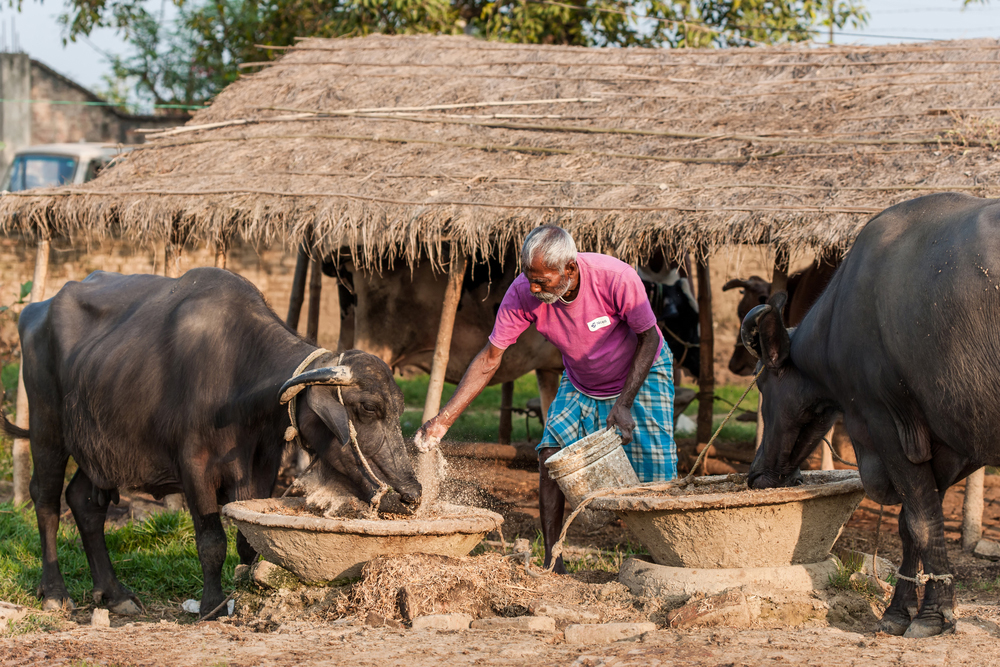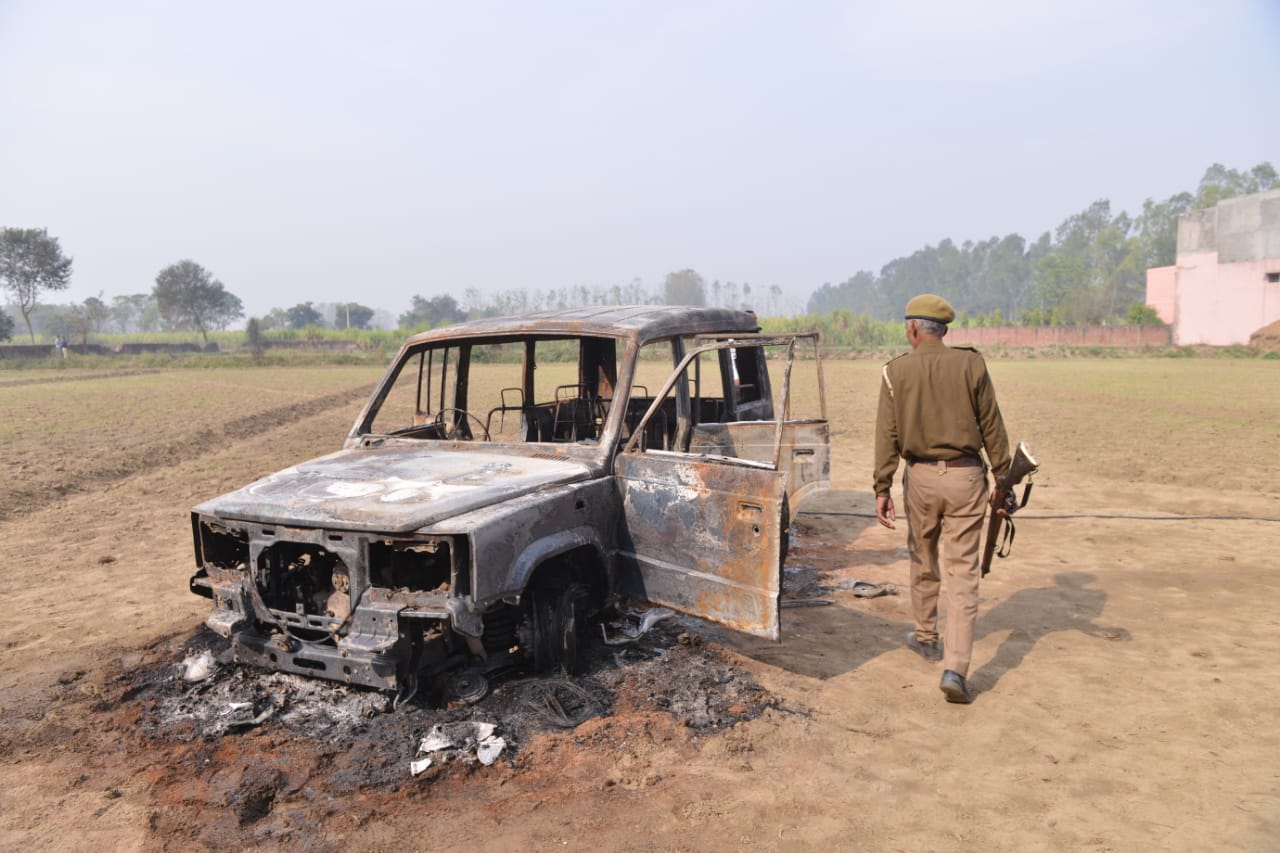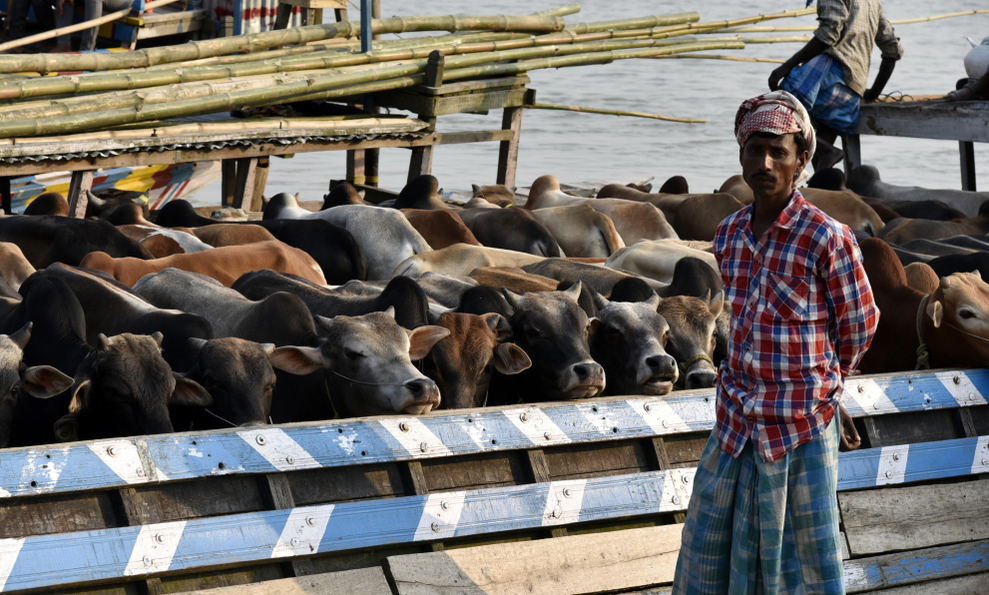Indian legislators seem to have woken up, at long last, to the need to tackle mob lynching. The wake-up call may, however, have something to do with the Supreme Court’s strongly worded indictment of vigilantism that is allegedly orchestrated by outfits, which, for telling reasons, believe to be above the law of the land. The Law Commission in Uttar Pradesh, where the Bharatiya Janata Party is in power, has submitted the Uttar Pradesh combating of mob lynching bill to the chief minister. Among other deterrents, the draft law proposes prison sentences of up to 10 years when such violence leads to significant injuries and a life term for death. The fines would be stringent for not just the perpetrators but also those who are guilty of conspiring or incitement. Hearteningly, the Law Commission has not ignored the role of the upholders of law in this matter. Dereliction of duty on the part of the police or the administration is to be treated as a criminal offence. Madhya Pradesh, too, has thought of a novel way of cracking the whip. A bill has been tabled, for the first time in the country, to punish those who are guilty of assaulting people charged with violating the Madhya Pradesh Prohibition of Slaughter of Cow Progeny Act. These interventions have undoubtedly been necessitated by the gravity of the situation. Some estimates suggest that a significant percentage of deaths related to cow vigilantism have taken place ever since the Narendra Modi government took up India’s reins in 2014. The institutional passivity in the face of censure within and outside the country is perhaps no longer tenable.
Stringent laws are welcome. But the problem does not lie with legislations, old or new. It has to do with the lack of enforcement of existing legal provisions to prevent such transgressions as assaulting bona fide cattle traders or forcing minorities to chant ‘Jai Shri Ram’. The unwillingness on the part of the administration to apply the law fairly and uniformly must have something to do with the lack of political will. The prime minister’s slogan of inclusive growth as well as his message of earning the trust of minorities has, unfortunately, been belied by his government’s failure to implement concrete, reassuring interventions to nip vigilantism in the bud. A legislation, even one as formidable as the draft by UP’s Law Commission, would be rendered ineffective unless it is followed through in letter and spirit by the political class.













